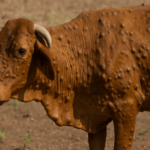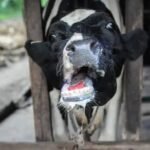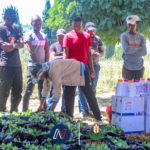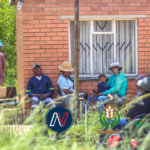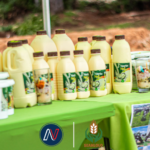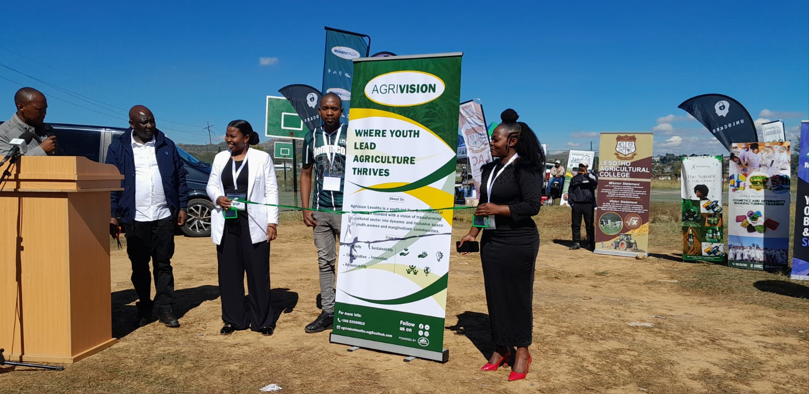At the recent and the inability to meet growing consumer demand due to production constraints.
The event, which featured a vibrant showcase of local agricultural products, doubled as a critical platform for young producers to voice the realities stalling their progress.
Itumeleng Moleko from Atlehang Foods explained how demand often outpaces their ability to supply.
“A lot of people love our products, but we cannot produce to meet their demand. We only have one production machine and lack a suitable drying machine to process fruit residue from our juice production. This results in significant waste and financial losses,” she said.
Lebohang Selepe of Ha Bo Khoho echoed the market challenges experienced by poultry producers, noting the unpredictable demand in the sector.
“While there are times when the chicken market is good, there are also periods with no demand,” she observed.
Despite the volatility, Selepe highlighted their commitment to supporting new poultry farmers by assisting those who purchase parent stock until their chickens are ready for sale.
“We try to find markets for our clients, but it is often very challenging. We have recently turned to social media to broaden our reach, and I believe wider adoption of such strategies could improve market access for everyone,” she said.
In response, the Minister of Agriculture, Food Security and Marketing, Thabo Mofosi, who was in attendance assured participants that government is listening.
He announced that parliament is in the process of drafting legislation aimed at strengthening direct linkages between producers and buyers.
The minister further revealed that an Animal Health and Production Welfare law is in development, a crucial step toward better regulation of the livestock and poultry sectors.
Mofosi emphasised his commitment to encouraging youth participation in agriculture, describing it as a vital sector for Lesotho’s future.
Further raising hopes, the Minister announced plans for the imminent launch of a testing facility that would allow local products to meet international export standards—a game-changer for farmers seeking to access global markets.
He also advocated for the extension of the Smallholder Agriculture Development Project II (SADP), recognising its transformative impact on small-scale farming.
Adding his voice to the conversation, Member of Parliament Nkaku Kabi echoed the farmers’ concerns and urged the government to support initiatives like Agrivision Lesotho through enabling legislation.
He emphasised the importance of securing stable markets for high-volume crops such as potatoes to curb losses from unsold produce.
Kabi also had words of encouragement for the young farmers in attendance. He urged them to be patient and persistent, acknowledging that agriculture is a long-term investment.
“Agriculture often requires time to yield significant returns,” he said, while also stressing the importance of adopting new technologies to boost productivity and adapt to shifting weather patterns.
The Agrivision Lesotho launch ultimately did more than showcase produce—it gave a voice to the young people powering the country’s agricultural future. Their testimonies and the ensuing government commitments underscored the need for targeted support, strategic investments, and bold policy reforms to unlock the sector’s full potential.






